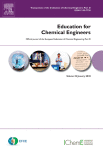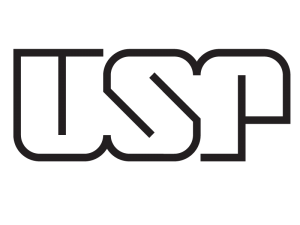

Within the course, it is worth mentioning that an introduction to CAPE-OPEN is given within the course of 60 hours but no implementation of CAPE-OPEN is performed by the students. Same when using EMSO, a software tool that complies with CAPE-OPEN and which is used as a modeller.
Use of CAPE-OPEN in teaching chemical engineering has occurred previously, especially at University of Cape Town as presented at the CAPE-OPEN 2018 Annual Meeting. Still there also, software programming where CAPE-OPEN is implemented was not conducted.
On the other hand, an experience with developing code implementing CAPE-OPEN has been made during a summer school at Lamar University and reported upon at a CAPE-OPEN US Conference. An even earlier experience was conducted at ENSIACET in France.
It is worth mentioning also the initiative taken by University of Trieste to develop a Wizard for CAPE-OPEN Unit Operations in .NET with the objective to make it easier for students to program with CAPE-OPEN in mind. In the paper from University of São Paulo, students are stating that they would like the C# part of the course to be extended. Relying on the Wizard from University of Trieste could be of some help to introduce CAPE-OPEN in a practical way to the students.
Along with the CAPE-OPEN Annual Meetings, one-day training courses have been given by CO-LaN quite a few times, where trainees were given the task to develop software implementing CAPE-OPEN. While always a challenge for the trainees, the experience has been seen as excellent by them. See the latest report on the training course given in October 2018.
